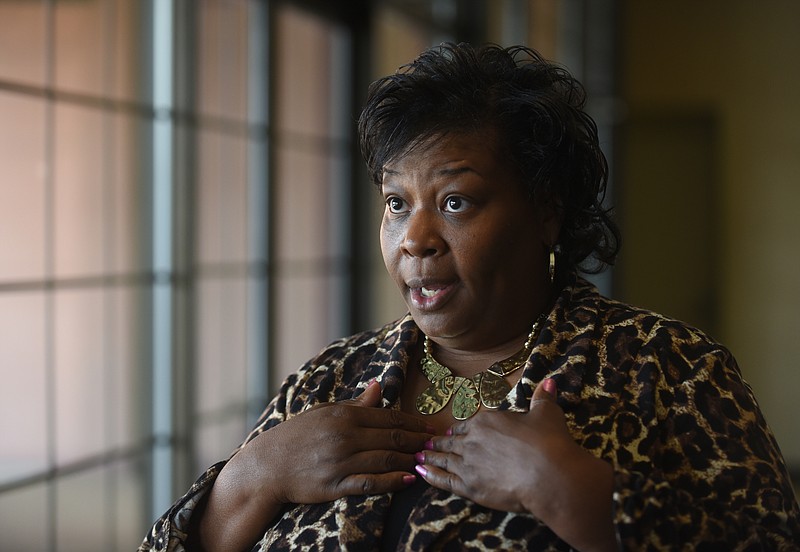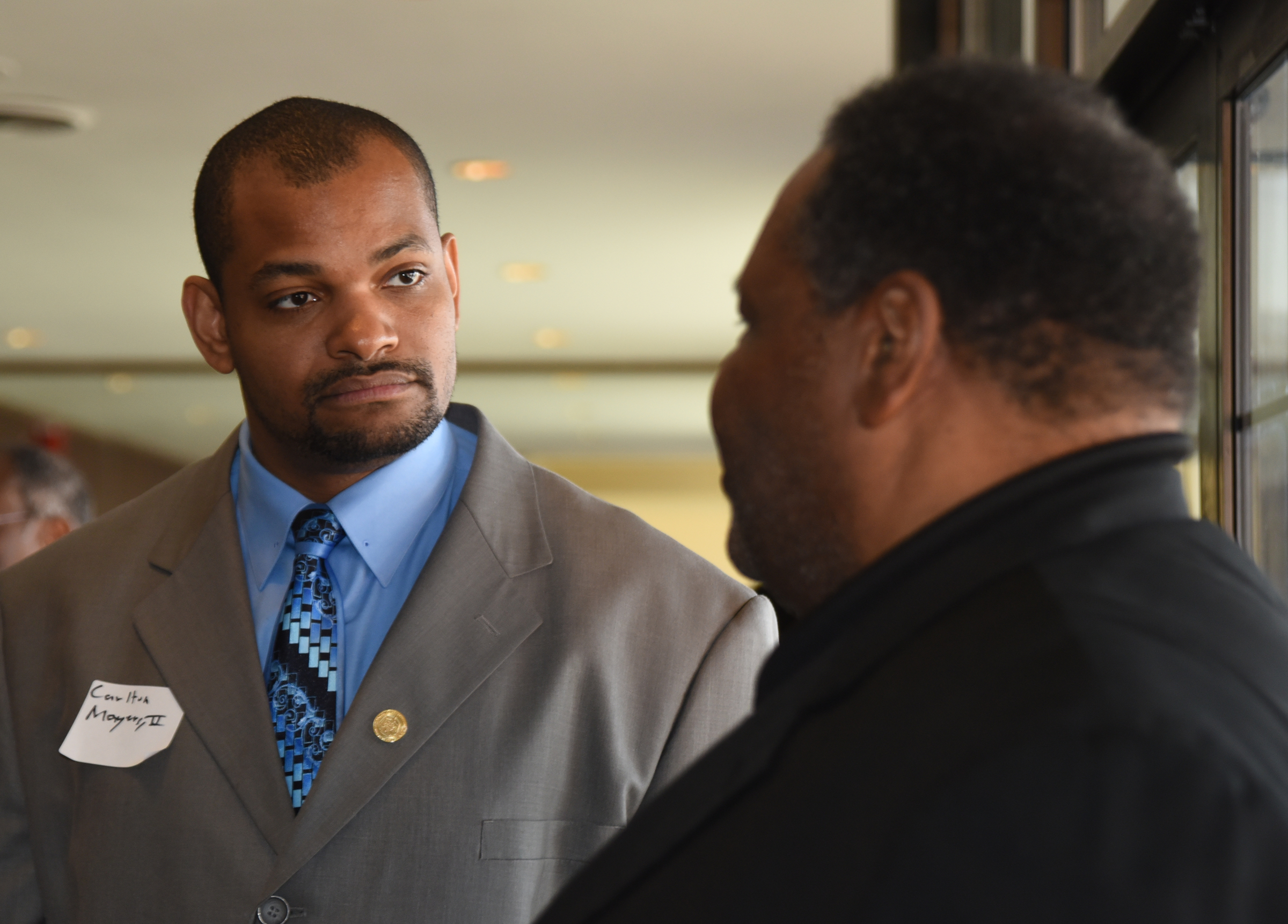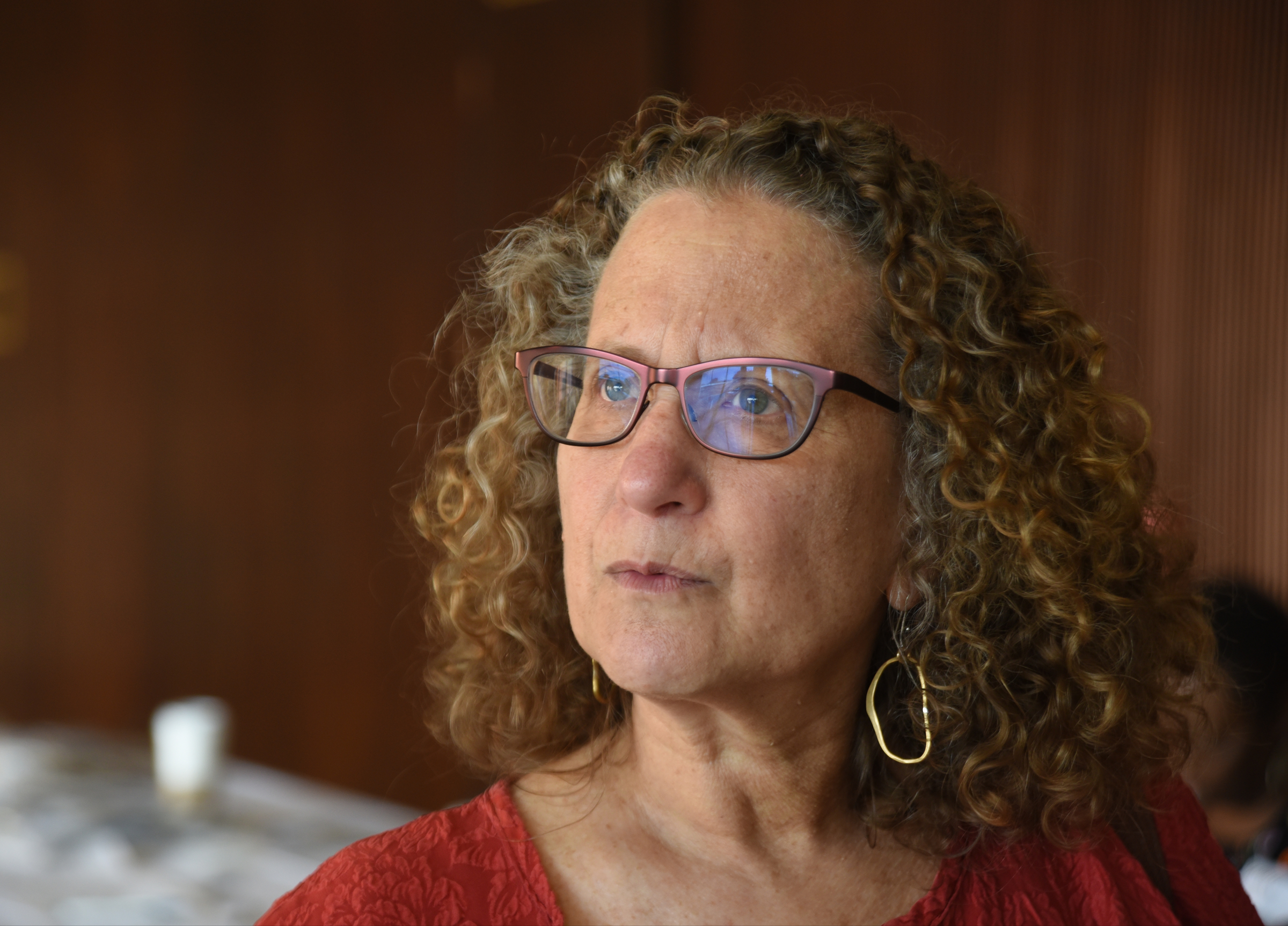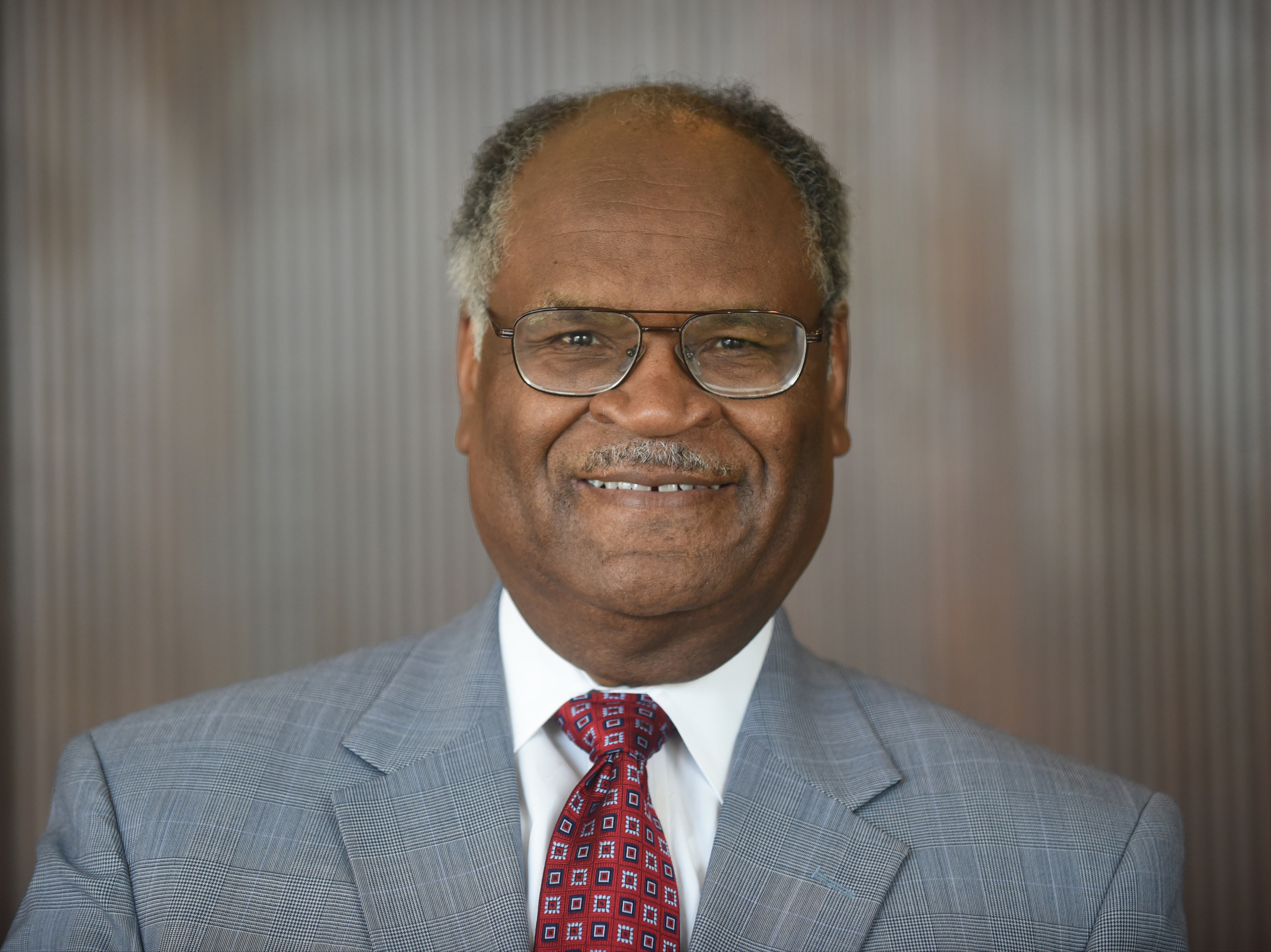Candid talk about how law enforcement interacts with the public, especially in light of multiple police killings of black men in the last year, is critical to preventing such incidents in Chattanooga, the president of the local chapter of the NAACP said Saturday.
"Our goal is to prevent a Ferguson from happening here in Chattanooga," said Dr. Elenora Woods.
The occasion was the NAACP's eighth annual Criminal Justice Seminar at the Chattanooga Choo Choo Conference Center. More than 50 people heard presentations from representatives of different parts of the criminal justice system, including Hamilton County District Attorney General Neal Pinkston, who presented on the grand jury and legal processes; Robert Ford, president of the Georgia chapter of the National Organization of Black Law Enforcement Executives, who discussed the interaction between law enforcement and the public; and the Rev. Richard Bennett, founder and CEO of A Better Tomorrow, who talked about the influence of hip-hop culture on the "pipeline to prison."
U.S. District Judge Curtis Collier, who is taking senior status, was given the Thurgood Marshall Award at the event.
Speakers said one of the best ways to prevent the type of unrest seen in Ferguson, Mo., and Baltimore, Md., is for community leaders to have good relations with local law enforcement. Chattanooga Police Chief Fred Fletcher, who also attended, agreed.
"We can do more together than we can individually," Fletcher said. "Relationships are at the heart of lasting success."
Fletcher has parlayed that philosophy into several department initiatives. In the CommUNITY Walk, police officers and citizens walk together through a Chattanooga neighborhood each month. The Community Police Response to Victims of Violence (CPRVV) brings together family members, community leaders jand police officers to approach victims of violence to increase trust and hopefully attain helpful information for investigations.
Carlton T. Mayers II, criminal justice specialist with the NAACP national office in Baltimore, was the keynote speaker. He talked about the "Born Suspect Report on Racial Profiling," an NAACP report that used New York City as an example of the failure of stop-and-frisk policies. He also discussed organizing tools to advocate for federal legislation banning racial profiling.
"There's a strong need across the board for legislative reform ending racial profiling as well as increasing law enforcement accountability," Mayers said.
He said a strong relationship between Fletcher and Woods is a good foundation for reform in Chattanooga, though he said he was troubled by the city's lack of stop-and-search data containing race and gender information.
"How are you going to know how to solve the problem if you don't know what the problem is?" Mayers asked.
Hedy Weinberg, executive director of the American Civil Liberties Union of Tennessee, also spoke. Weinberg stressed the importance of knowing one's rights, especially in encounters with law enforcement. She also spoke on the use of technology by both civilians and police to record encounters, but said police body cameras, now coming into wider adoption, won't solve "the violence that plagues our communities."
Teresa Ward attended the seminar with her teenage son, Jonathan. Ward said Jonathan was one of several youths arrested downtown on May 2 for disorderly conduct. Jonathan said he was walking downtown with some friends, minding his own business. His mother, who was nearby that night, agreed.
"I couldn't believe it when I saw them arresting him," she said.
The judge threw the case out. Since then, Ward said she wants to be sure that she and her son are well aware of their rights.
"Knowledge is power," she said. "Knowing your rights is power."
Contact Will Healey at whealey@timesfreepress.comor 423-757-6731.



